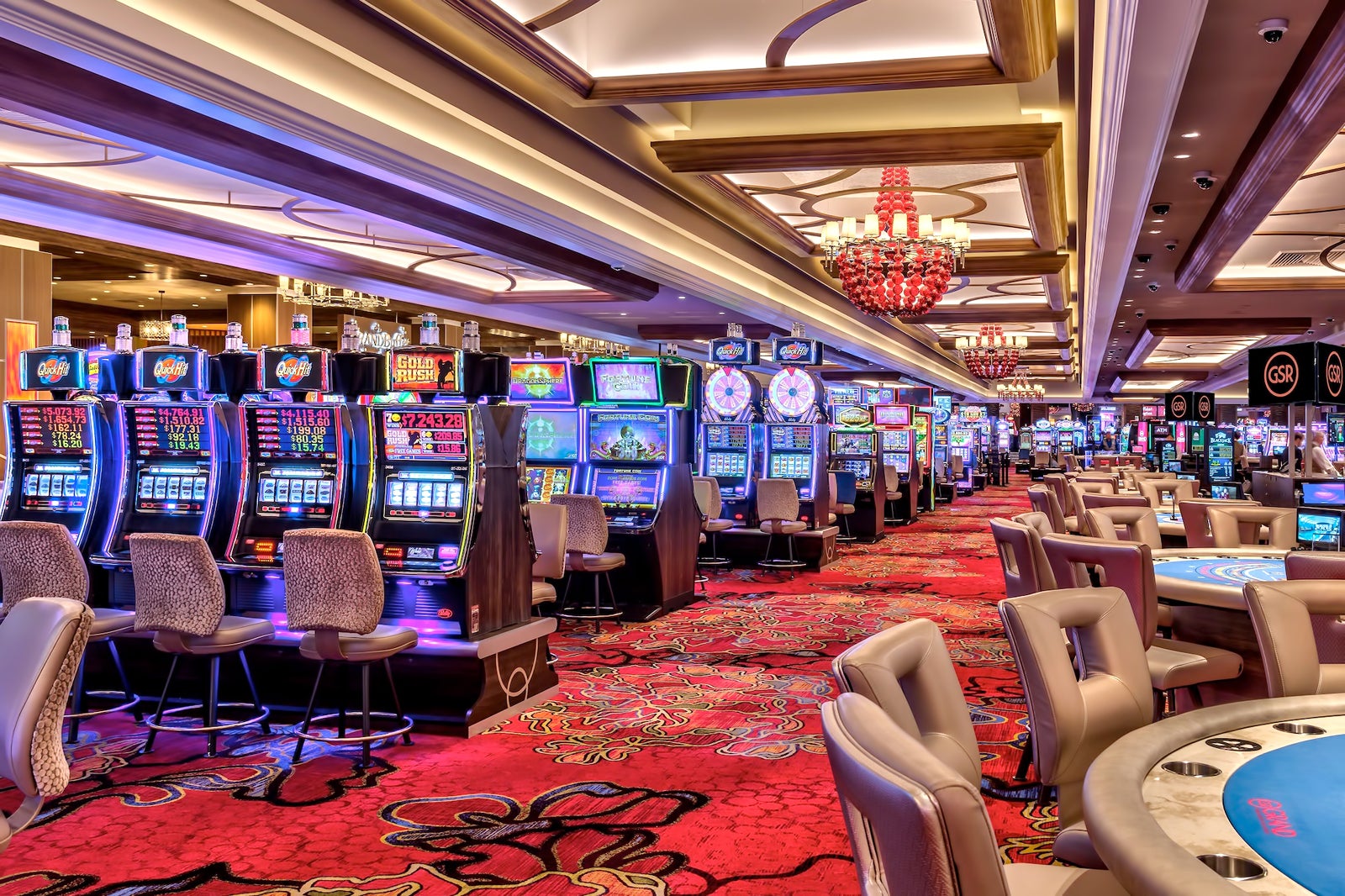
Casino games have long been an integral part of human culture, delivering not just entertainment but a captivating reflection of our hopes, ambitions, and concerns. From the turning reels of a slot machine to the strategic gameplay of poker, these games represent a spectrum of human sentiments and events. At their core, casino games are more than a chance to make profits; they are a microcosm of life itself, where risk versus reward merge and fortunes can change in an instant.
As players convene around tables or sit in front of glowing machines, they take part in a ceremony that transcends mere playing. These games reflect our instinctive desires for social interaction, adventure, and the search for fortune. They also unveil deeper truths about human nature, such as our relationship with fate and the excitement of risk. In exploring casino games, we discover not only the rules of play but also the intricate pattern of the human story, showcasing our intertwining narratives of goal and reality.
The Psychology of Gambling
Gambling is intrinsically connected in the psyche of individuals, appealing to various emotions and wants. The excitement of taking risks is a core aspect that draws players in, whether the excitement of spinning a roulette or the excitement of drawing a winning card in poker. This adrenaline is frequently likened to other forms of thrill, as the uncertainty of outcomes elicits a distinct psychological response. Players often find themselves entranced by the possibility of winning big, leading to an irresistible draw toward gambling games.
Additionally, an essential component of the psychology behind gambling is the concept of optimism and aspiration. Players often indulge in fantasies of financial freedom and the luxurious lifestyle that can follow winning. This hope fuels their ongoing participation in casino games, as it provides a sense of meaning and the conviction that a transformative win could be just one bet away. The narrative of overcoming odds and achieving success resonates with many, strengthening their dedication to play and engage with these games.
Finally, social dynamics play a significant role in gambling psychology. Casino environments are designed to foster social interaction, where players gather to share the journey of wins and losses. This communal aspect not only amplifies enjoyment but also influences behavior, as individuals often mimic the actions of others around them. The social validation found in mutual thrill can enhance the emotional experience, making casino games a mirror of not just personal desires but also shared involvement within the gambling community.
## The Dual Nature of Risk and Reward
Gambling activities embody the delicate balance between danger and gain that resonates profoundly with human psychology. The thrill of placing a bet is often accompanied by a jolt of energy, as gamblers are confronted with the prospect of striking it rich, yet cognizant of the potential to lose. This dual experience reflects a fundamental aspect of life: the paths we choose often come with inherent risks, and the pursuit of reward can drive us to take chances we might not normally consider. In this way, casino games mirror real-world decisions, enticing gamblers to risk not just their money, but also their dreams.
The allure of grand jackpots and winnings fuels a feeling of positivity, encouraging players to dream of a more promising future that could arise from a fortunate turn of the roulette or dealing of a hand. This positive outlook can compel individuals to engage in greater risks, encouraging them to take greater risks in search of economic benefit. However, just as in life, the outcomes of these risks can lead to both triumph and despair. The stories of both big winners and those who have faced losses everything at the casino demonstrate the unpredictable nature of luck and its significant impact on our futures.
Ultimately, the interaction of engaging with gambling activities serves as a potent reminder of the nature of humanity. xem bóng đá okwintv Every round played is filled with the tension of ambiguity, as players weigh the rewards against the dangers. This balance not only highlights the excitement that comes with betting but also unveils the vulnerabilities that come with the urge for more. As we journey through the challenges of choice and results in both the casino and in life, we find that the search for benefit shapes our character and journeys in profound ways.
Culture and Isolation in Gambling Environment
Casino environment is a unique mix of social interaction and personal pursuit, reflecting the contrasts of individual experience. Players often come together around tables, experiencing in the excitement of the game, rejoicing in wins, and commiserating over losses. This communal aspect is crucial, as it establishes a sense of belonging and bonding among diverse groups of individuals. Regular attendees to casinos may build friendships and establish routines, turning the gambling venue into a second home where they feel connected to a greater community of players.
However, the attraction of gambling games can also lead to loneliness. As individuals become immersed in the excitement of playing, they may isolate from personal connections or neglect to interact with the world outside the casino. okwintvokwintv trực tiếp bóng đá For some, the search of a windfall can overshadow genuine relationships, leading to isolation. The experience of being among others yet feeling solitary is not rare, as the focus shifts from collective fun to the individual stakes of each player’s path.
This interplay of society and solitude creates a vivid tapestry that defines gaming culture. It showcases the complexity of human interactions, where happiness and despair coexist. Casinos serve as both a refuge for social engagement and a platform for individual challenges, demonstrating how deeply connected our yearning for connection and the personal quest for fortune can be. In navigating this landscape, players confront their own stories—seeking both the thrill of the wager and the fellowship of fellow gamblers, eventually reflecting the broader spectrum of individual experience.
